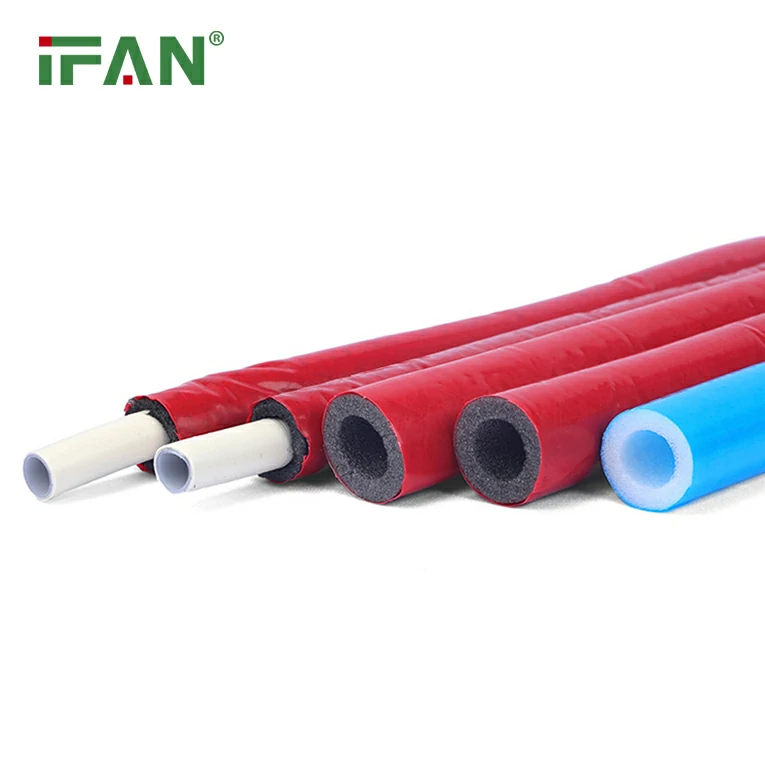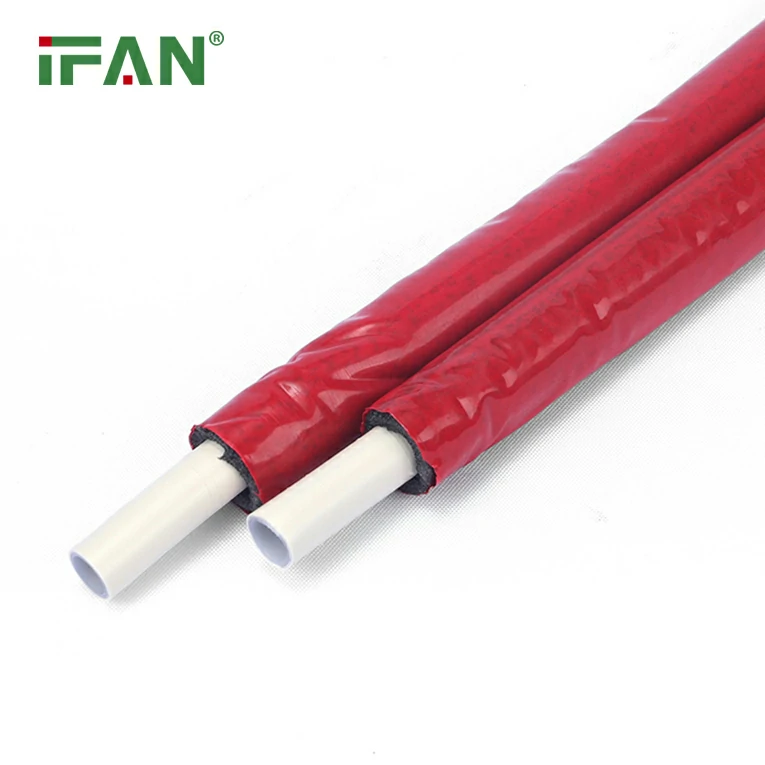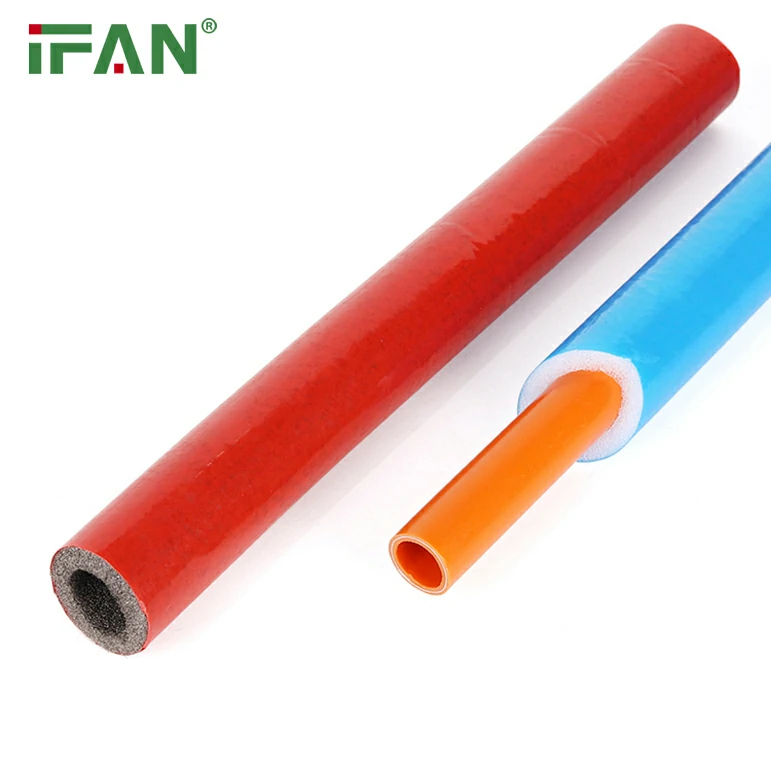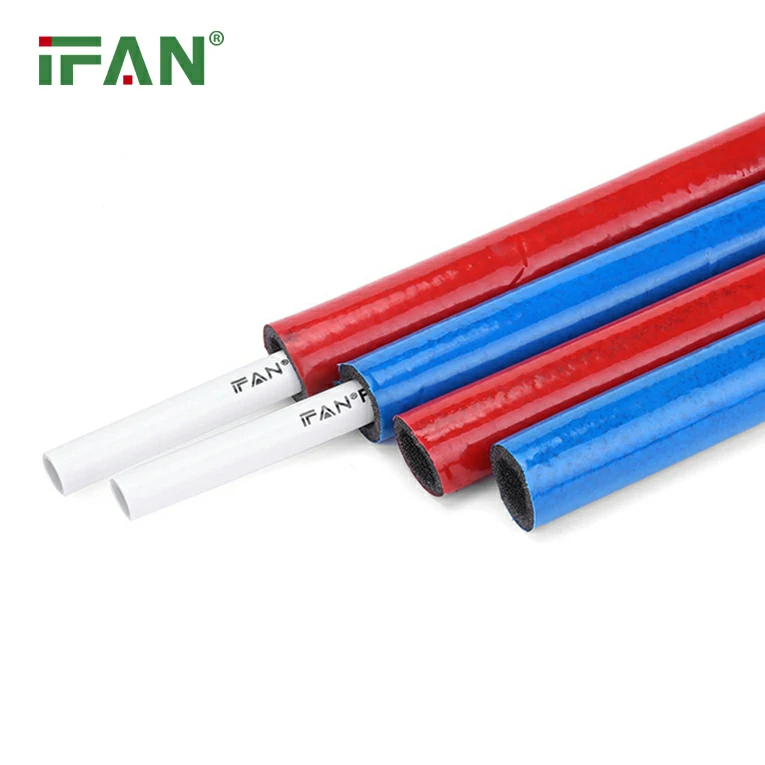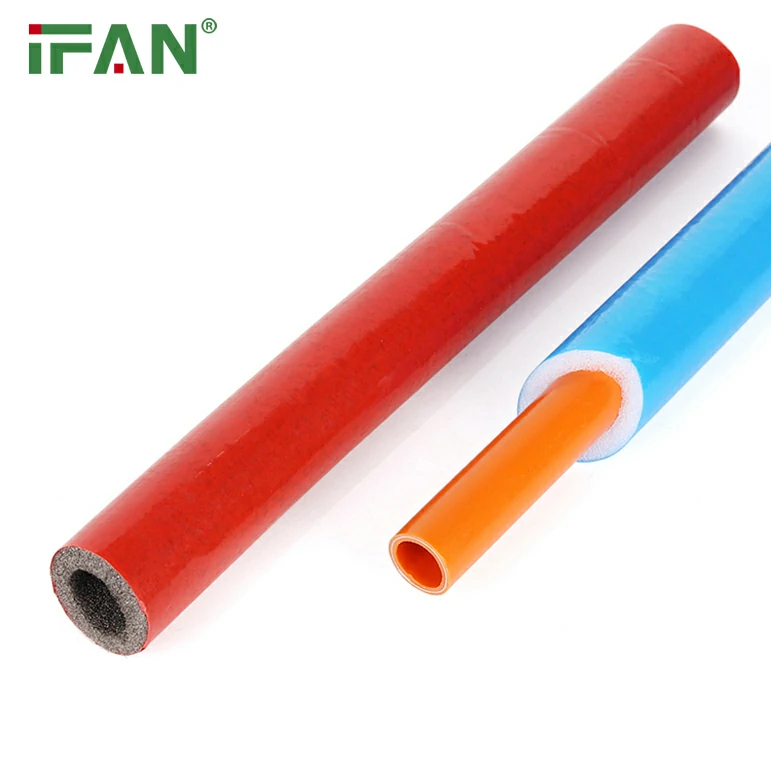Introduction
In recent years, the demand for PEX (cross-linked polyethylene) pipes has surged due to their versatility, durability, and ease of installation. As a result, companies like Zurn Elkay are ramping up their manufacturing capacities to meet this growing demand. This article will explore Zurn Elkay’s recent expansion in PEX pipe manufacturing, the advantages of PEX over traditional plumbing materials, and the potential role of PPR (Polypropylene Random Copolymer) pipes in the plumbing industry.
Zurn Elkay: A Leader in Plumbing Solutions
Company Overview
Zurn Elkay is a well-established name in the plumbing industry, known for its innovative products and commitment to quality. The company specializes in manufacturing a wide range of plumbing solutions, including faucets, fixtures, and piping systems. With a focus on sustainability and efficiency, Zurn Elkay has positioned itself as a leader in the market.
The Need for Increased Manufacturing Capacity
The rising popularity of PEX pipes can be attributed to several factors, including their flexibility, resistance to corrosion, and ease of installation. As more contractors and homeowners opt for PEX systems, Zurn Elkay recognizes the necessity to expand its manufacturing capacity to meet this demand. This strategic move not only enhances the company’s market position but also contributes to the overall growth of the plumbing industry.
Advantages of PEX Pipes
1. Flexibility and Ease of Installation
One of the most significant advantages of PEX pipes is their flexibility, allowing them to be easily maneuvered around obstacles during installation. Unlike rigid piping materials, PEX can bend and curve, reducing the need for numerous fittings and connections, which can save both time and labor costs.
2. Corrosion Resistance
PEX pipes are inherently resistant to corrosion, which is a common issue with metal piping systems. This resistance extends the lifespan of PEX installations and reduces the risk of leaks and maintenance costs over time.
3. Reduced Noise
Another benefit of PEX pipes is their ability to minimize noise associated with water flow. The material absorbs sound, providing a quieter plumbing experience compared to traditional metal pipes.
4. Thermal Expansion
PEX pipes can expand and contract with temperature changes, reducing the likelihood of cracking or bursting in extreme conditions. This quality makes them especially suitable for regions with fluctuating temperatures.
Zurn Elkay’s Expansion Strategy
Investment in Technology
Zurn Elkay’s decision to increase its PEX pipe manufacturing capacity involves significant investments in advanced technology and equipment. By upgrading production lines and implementing automation, the company aims to enhance efficiency and maintain high-quality standards.
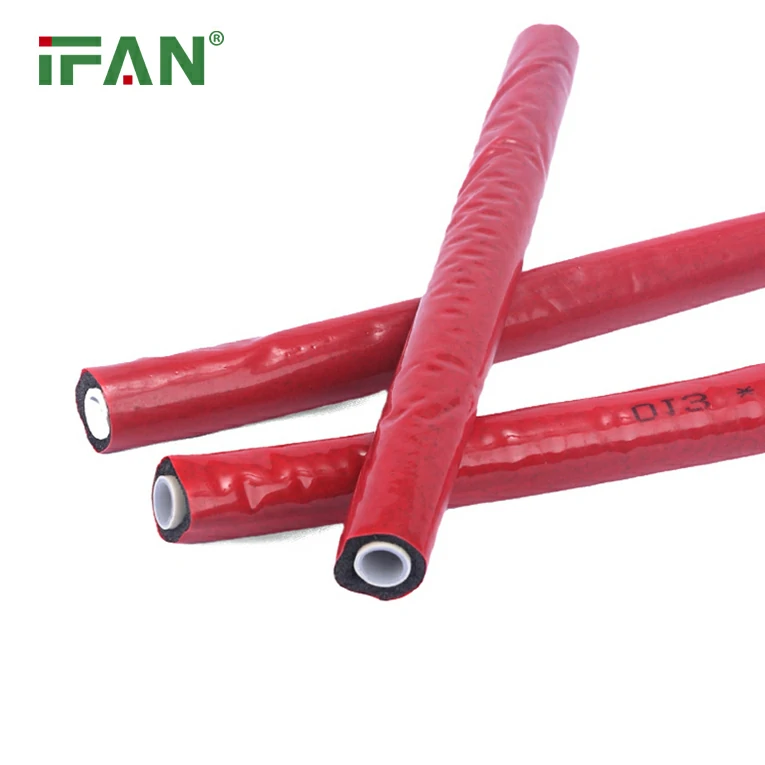
Commitment to Sustainability
As part of its expansion strategy, Zurn Elkay is also committed to sustainability. The company is exploring eco-friendly manufacturing practices and sourcing raw materials responsibly. This commitment aligns with the growing consumer demand for sustainable products in the plumbing industry.
Meeting Market Demand
With the construction and renovation sectors experiencing a boom, Zurn Elkay’s expanded manufacturing capacity will enable the company to meet the rising demand for PEX pipes. This move positions Zurn Elkay as a reliable supplier for contractors and builders looking for high-quality plumbing solutions.
The Role of PPR Pipes in the Plumbing Industry
While PEX pipes are gaining popularity, it is essential to consider the role of PPR (Polypropylene Random Copolymer) pipes in the plumbing market. PPR pipes offer several advantages that make them a viable alternative to PEX and other traditional materials.
1. Recyclability
One of the most significant benefits of PPR pipes is their recyclability. Unlike PEX, which is challenging to recycle due to its cross-linked structure, PPR pipes can be easily reprocessed into new products. This feature aligns with the growing emphasis on sustainability in the construction industry.
2. Chemical Resistance
PPR pipes are highly resistant to a wide range of chemicals, making them suitable for various applications, including potable water systems and industrial settings. This chemical resistance extends the lifespan of PPR installations and reduces maintenance needs.
3. Cost-Effectiveness
While the initial cost of PPR pipes may be slightly higher than that of PEX, their longevity and low maintenance requirements make them a cost-effective choice in the long run. PPR pipes can last for over 50 years, providing excellent value for both residential and commercial applications.
4. Thermal Insulation
PPR pipes offer good thermal insulation properties, reducing energy loss in hot water systems. This feature can lead to increased energy efficiency and lower utility bills for homeowners and businesses.
The Future of Plumbing Solutions
Embracing Innovation
As the plumbing industry continues to evolve, companies like Zurn Elkay are at the forefront of innovation. By increasing PEX pipe manufacturing capacity and embracing sustainable practices, Zurn Elkay is positioning itself to meet the future needs of the market.
The Importance of Education
With the growing popularity of PEX and PPR pipes, education and training for contractors and installers are essential. Understanding the benefits and proper installation techniques for these materials will ensure that plumbing systems are efficient, reliable, and environmentally friendly.
Collaboration Across the Industry
Collaboration among manufacturers, contractors, and policymakers is vital for advancing sustainable practices in the plumbing industry. By working together, stakeholders can develop innovative solutions that address the challenges of waste management, resource conservation, and energy efficiency.
Conclusion
Zurn Elkay’s increase in PEX pipe manufacturing capacity reflects the growing demand for efficient and sustainable plumbing solutions. As the industry evolves, PEX pipes will continue to play a significant role in residential and commercial applications. Additionally, PPR pipes offer a compelling alternative with their recyclability and chemical resistance. By embracing innovation and sustainability, the plumbing industry can move towards a more circular economy that benefits both consumers and the environment.
Frequently Asked Questions (FAQs)
1. What are PEX pipes, and why are they becoming popular?
PEX pipes are cross-linked polyethylene pipes used in plumbing systems. They are popular due to their flexibility, corrosion resistance, and ease of installation, making them a preferred choice for many contractors and homeowners.
2. What are the advantages of PPR pipes compared to PEX pipes?
PPR pipes are recyclable, chemically resistant, and offer good thermal insulation. While their initial cost may be higher, their longevity and low maintenance needs make them a cost-effective choice over time.
3. How does Zurn Elkay plan to meet the growing demand for PEX pipes?
Zurn Elkay is increasing its manufacturing capacity by investing in advanced technology and equipment, allowing for more efficient production while maintaining high-quality standards.
4. What is the environmental impact of PEX and PPR pipes?
PEX pipes are not easily recyclable, leading to waste concerns. In contrast, PPR pipes are fully recyclable, making them a more sustainable choice in the plumbing industry.
5. How can contractors ensure proper installation of PEX and PPR pipes?
Contractors should undergo training and education on the benefits and installation techniques for both PEX and PPR pipes to ensure efficient and reliable plumbing systems.

